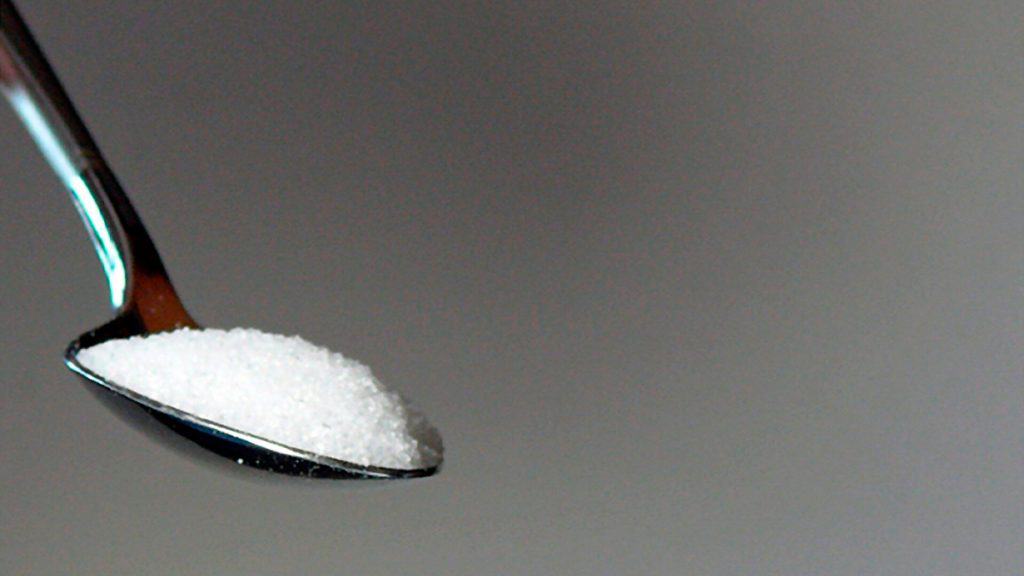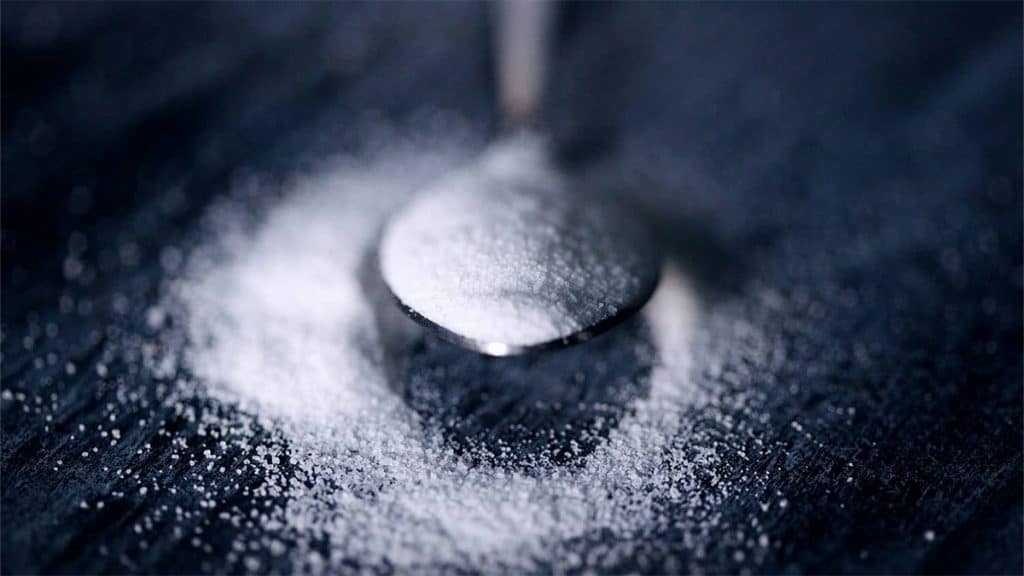The sweetener you take can change your DNA

A new study has found that a chemical formed when we digest sucralose — a widely used sweetener — is “genotoxic.” That is, it “breaks” the DNA. The chemical is also found in trace amounts in the sweetener itself. And the finding raises questions about how the sweetener might be contributing to health problems.
For those in a hurry:
This sweetener is sold under the trade name Splenda. Previous work by the same research group established that several fat-soluble compounds are produced in the gut after sucralose is ingested. One of these compounds is sucralose-6-acetate: the so-called “genotoxic” substance.
Sweetener and DNA

To give you an idea, the European Food Safety Authority has a limit of toxicological concern for all genotoxic substances of 0.15 micrograms per person per day.
Our work suggests that trace amounts of sucralose-6-acetate in a single daily sucralose-sweetened beverage exceed this threshold. And that’s not even taking into account the amount of sucralose-6-acetate produced as metabolites after people consume sucralose.
Susan Schiffman, corresponding author of the study and adjunct professor in the joint department of biomedical engineering at North Carolina State University and the University of North Carolina at Chapel Hill (USA)
For the study, the researchers conducted a series of in vitro experiments by exposing human blood cells to sucralose-6-acetate and monitoring for genotoxicity markers. “In summary, we found that sucralose-6-acetate was genotoxic and actually broke down DNA in cells that were exposed to the chemical,” Schiffman explained.
More tests and results

The researchers also performed in vitro tests that exposed human intestinal tissues to sucralose-6-acetate. “Other studies have found that sucralose can negatively affect gut health, so we wanted to see what might be going on there,” she said.
When we exposed sucralose and sucralose-6-acetate to the epithelial tissues of the intestine – the tissue lining the wall of the intestine – we found that both chemicals cause “leaky gut”. Basically, they make the intestinal wall more permeable. The chemicals damage the “tight junctions,” or interfaces, where cells in the intestinal wall connect to each other.
Susan Schiffman, corresponding author of the study and adjunct professor in the joint department of biomedical engineering at North Carolina State University and the University of North Carolina at Chapel Hill (USA)
A leaky gut is problematic, because it means things that would normally be eliminated from the body in stool leak out of the gut and get absorbed into the bloodstream.

The researchers also analyzed the genetic activity of intestinal cells to see how they responded to the presence of sucralose-6-acetate. “We found that intestinal cells exposed to sucralose-6-acetate had increased activity in genes related to oxidative stress, inflammation and carcinogenicity,” Schiffman says.
This work raises a number of concerns about potential health effects associated with sucralose and its metabolites. It’s time to revisit the safety and regulatory status of sucralose, as there is growing evidence that it carries significant risks. If nothing else, I encourage people to avoid products that contain sucralose. It’s something you shouldn’t eat.
Susan Schiffman, corresponding author of the study and adjunct professor in the joint department of biomedical engineering at North Carolina State University and the University of North Carolina at Chapel Hill (USA)
With information from North Carolina State University
The post The sweetener you take can alter your DNA appeared first on Olhar Digital.
Source: Olhar Digital
Leave a Reply